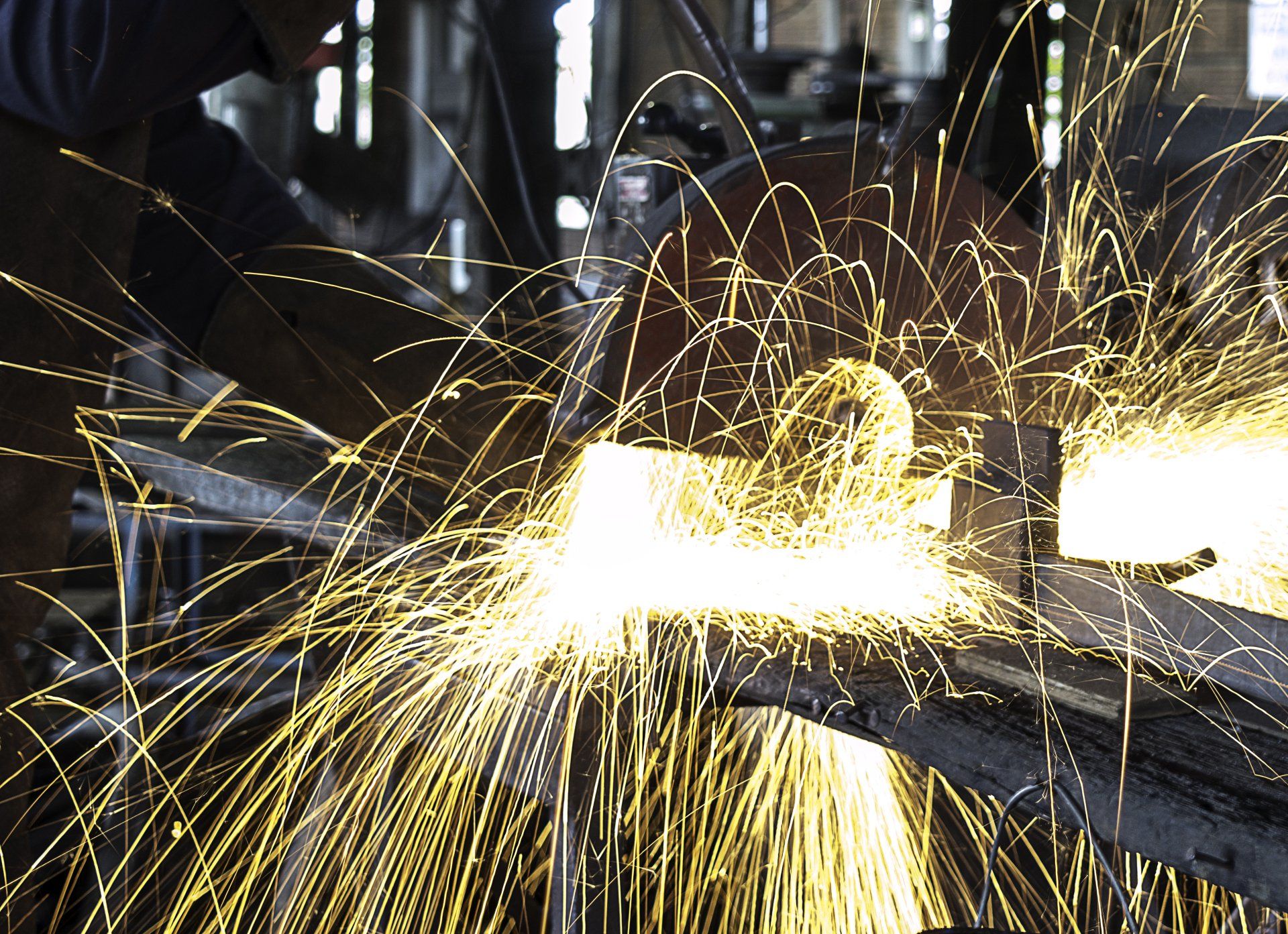Why Trucking Companies Don’t Invest in Driver-Facing Cameras
Even empty, the weight of the average semi-truck on the road is roughly the same as the weight of two elephants. With that in mind, it’s hardly a surprise that there are far more rules, regulations, and monitoring systems over truckers than there are of your everyday driver.
One of the tools designed to help combat semi-truck accidents is the driver-facing camera monitoring system. While these systems do seem to cut back on risky behavior, they face considerable push-back from the trucking companies who can be held liable for bad trucker behavior.
Like insurance companies and government agencies, trucking companies can be especially difficult to hold liable for car accident damages due to their available resources. However, an experienced truck accident attorney can help you gather all the evidence you need, from accident photos to the trucking company documents.
How Do Driver Facing Cameras Work?
When trucking companies mention driver-facing camera systems, they’re actually talking about more than just a camera pointing at the truck driver. Instead, these systems include the driver-facing camera, a camera facing the road, and a GPS. The systems are equipped with infrared so that they can also function in the dark.
Most significantly, these systems rely on artificial intelligence to monitor driver behavior so that it can alert the driver and company if the driver is showing signs of fatigue or risky behavior.
Some reports have been conducted regarding the effects driver-facing cameras have on truck accident rates. Based on the results, it seems the cameras help reduce the dangerous behaviors that can potentially cause a serious crash. Some companies saw reductions in cell phone use of over 95%, reductions in distracted driving of around 40%, and reductions in fatigued driving of nearly 70%.
What Is the Criticism Against Driver Facing Cameras?
Given the potential life-saving impact of these systems, you might expect them to be widely used and accepted. However, the truth is that the issue is far from simple.
1.Privacy Concerns
First of all, many truckers view driver-facing cameras as an invasion of their privacy. They argue that the systems are excessive and give carriers an unfair amount of control. Trucking companies say driver-facing cameras make truckers feel vulnerable and undervalued.
2.Trucker Shortages
Oftentimes, when workers are unhappy with working conditions, they are simply replaced by other workers who are willing to work under those conditions. However, in the case of truck drivers, this doesn’t happen.
Trucking companies have long struggled to hire new truckers, and most hires don’t last long on the job. Turnover rates are incredibly high, and trucking companies are constantly trying to attract new applicants, new drivers. This inevitably makes trucking companies more hesitant to install unpopular driver-facing cameras.
3.The Bottom Line
Finally, many trucking companies simply aren’t willing to invest the amount of money it would take to install and implement one of these monitoring systems. They view it as more cost-effective to allow a certain amount of risky behavior rather than spending money on a system to prevent that behavior that also could make it harder for them to keep drivers.
Seeking Compensation From Trucking Companies With Lapeze & Johns
While seeking compensation after a fender-bender may be relatively simple, getting a trucking company to admit responsibility and cover your truck accident expenses is likely to be much more difficult. Trucking companies are likely to use every tool at their disposal to stop you from getting the relief you need.
Thankfully, an experienced truck accident attorney like those at Lapeze & Johns, PLLC, can help you make a strong case or claim for relief. We’d be proud to fight on your behalf in insurance negotiations or a court of law.
If you’ve been injured in a Texas truck accident, contact the Houston truck accident attorneys at Lapeze & Johns for help getting the relief you need.



